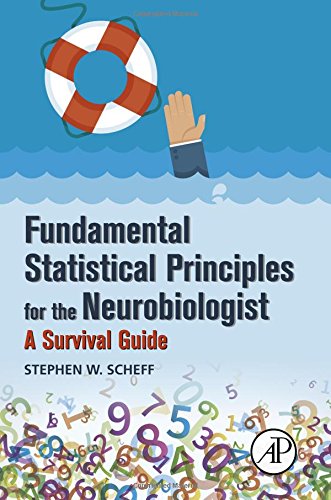

Most ebook files are in PDF format, so you can easily read them using various software such as Foxit Reader or directly on the Google Chrome browser.
Some ebook files are released by publishers in other formats such as .awz, .mobi, .epub, .fb2, etc. You may need to install specific software to read these formats on mobile/PC, such as Calibre.
Please read the tutorial at this link: https://ebookbell.com/faq
We offer FREE conversion to the popular formats you request; however, this may take some time. Therefore, right after payment, please email us, and we will try to provide the service as quickly as possible.
For some exceptional file formats or broken links (if any), please refrain from opening any disputes. Instead, email us first, and we will try to assist within a maximum of 6 hours.
EbookBell Team

4.3
68 reviewsFundamental Statistical Principles for Neurobiologists introduces readers to basic experimental design and statistical thinking in a comprehensive, relevant manner. This book is an introductory statistics book that covers fundamental principles written by a neuroscientist who understands the plight of the neuroscience graduate student and the senior investigator. It summarizes the fundamental concepts associated with statistical analysis that are useful for the neuroscientist, and provides understanding of a particular test in language that is more understandable to this specific audience, with the overall purpose of explaining which statistical technique should be used in which situation. Different types of data are discussed such as how to formulate a research hypothesis, the primary types of statistical errors and statistical power, followed by how to actually graph data and what kinds of mistakes to avoid. Chapters discuss variance, standard deviation, standard error, mean, confidence intervals, correlation, regression, parametric vs. nonparametric statistical tests, ANOVA, and post hoc analyses. Finally, there is a discussion on how to deal with data points that appear to be "outliers" and what to do when there is missing data, an issue that has not sufficiently been covered in literature.